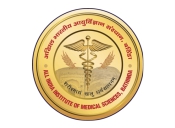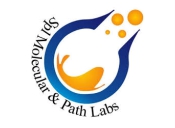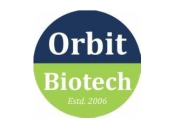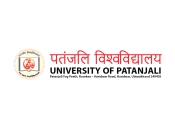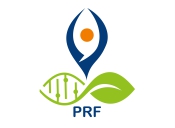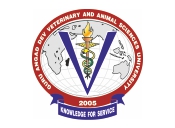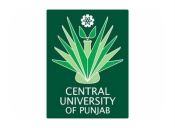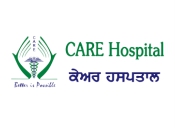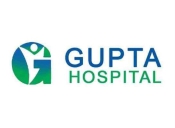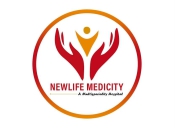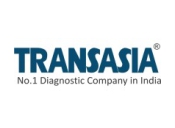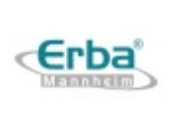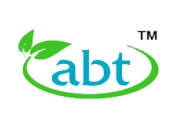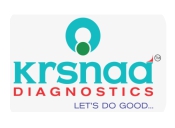B.Sc. Radio Medical Imaging Technology
The Bachelor of Science (B.Sc.) in Radio Medical Imaging Technology at BFGI is an innovative undergraduate program designed to prepare students for careers as skilled medical imaging professionals. The course combines comprehensive theoretical knowledge with practical training, enabling students to perform diagnostic imaging procedures using advanced technologies like X-rays, CT scans, MRI, and ultrasound. Students gain a solid understanding of human anatomy, physiology, pathology, and imaging physics, ensuring a balanced approach to both classroom learning and hands-on clinical experience. Medical imaging technology is a vital component of modern healthcare, playing a crucial role in diagnosing and managing various medical conditions. As technology continues to advance, there is a growing demand for competent professionals capable of operating sophisticated imaging equipment while ensuring patient safety and accuracy in image acquisition.
During the course at BFGI, students engage in classroom lectures, practical sessions with imaging equipment, clinical postings for real-world experience, workshops, seminars, and research projects. These activities develop their clinical competence and technical skills, making them highly efficient professionals.
Career opportunities for graduates include roles as Radiologic Technologists, MRI/CT Technologists, Sonographers, Radiology Assistants, Application Specialists, and Educators or Researchers. Graduates are well-prepared to work in Hospitals, Diagnostic Centres, Imaging Clinics, and Research Institutions, or to pursue higher studies like an M.Sc. in Medical Imaging or Doctorate Degrees. Join BFGI’s B.Sc. Radio Medical Imaging Technology program to become a part of the next generation of healthcare professionals, contributing to the diagnosis and treatment of patients through cutting-edge medical imaging.
Course Level: Graduation
Duration: 3 years
Examination Type: Semester System (Six Semesters)
Eligibility: 10+2 Pass with Medical/Non Medical/(Physics, Chemistry, Biology or Mathematics)
Or10+2 with Medical/Non-Medical from recognised board with 50% aggregated marks
Affiliation: Maharaja Ranjit Singh Punjab Technical University, Bathinda
Download Brochure
Major Subjects covered under B.Sc. Radiology and Imaging Technology:• Human Anatomy & Physiology-I
• Applied Biochemistry
• Communication Skills
• Drug Abuse: Problem, Management and Prevention
• Human Anatomy & Physiology- II
• Microbiology
• Quality Management, Patient Safety & Disaster Management
• Applied Physics
• Computer Applications in Pharmacy (Theory)
• Anatomy, Physiology, Pathology and Pharmacology related to Radiology – Theory
• Radiological Physics and Dark Room Techniques Theory
• General Radiology- Positioning Theory
• Fundamentals of Radio Imaging Technology
• Biostatics and Computer Application
• Basic Principles of Hospital Management
• Radiology equipment – Theory
• Non-Contrast Radiography (Soft Tissue) - Theory
• Radiation Safety and Hazards
• Community Health
• Nutrition
• Basic and Advanced Ultra Sound Imaging – Theory
• Nuclear Medicine Imaging
• Basic and Advanced CT Scan –Theory
• Hospital Products, Promotion Sales & Public relations and Physician’s Office Management
• Occupational Safety & Health
• Healthcare
• Quality Assurance & Radiation Safety (AERB Guidelines) in Diagnostic Radiology
• Research methodology
• Hospital Practice & Care of Patients
• Professionalism, Values and Management
• Medical Law & Ethics
Program Outcomes of B.Sc. Radio Medical Imaging Technology
- Master advanced imaging techniques for accurate medical diagnosis.
- Demonstrate proficiency in operating radiological equipment with safety.
- Apply anatomical and pathological knowledge in imaging interpretation.
- Execute precise image acquisition and quality assurance practices.
- Integrate radiation protection protocols in clinical practice.
- Exhibit critical thinking in diagnostic problem-solving.
- Develop professional communication skills with healthcare teams.
- Uphold ethical standards in patient care and imaging procedures.
- Pursue lifelong learning to adapt to emerging imaging technologies.
- Cultivate leadership and management skills in radiological settings.
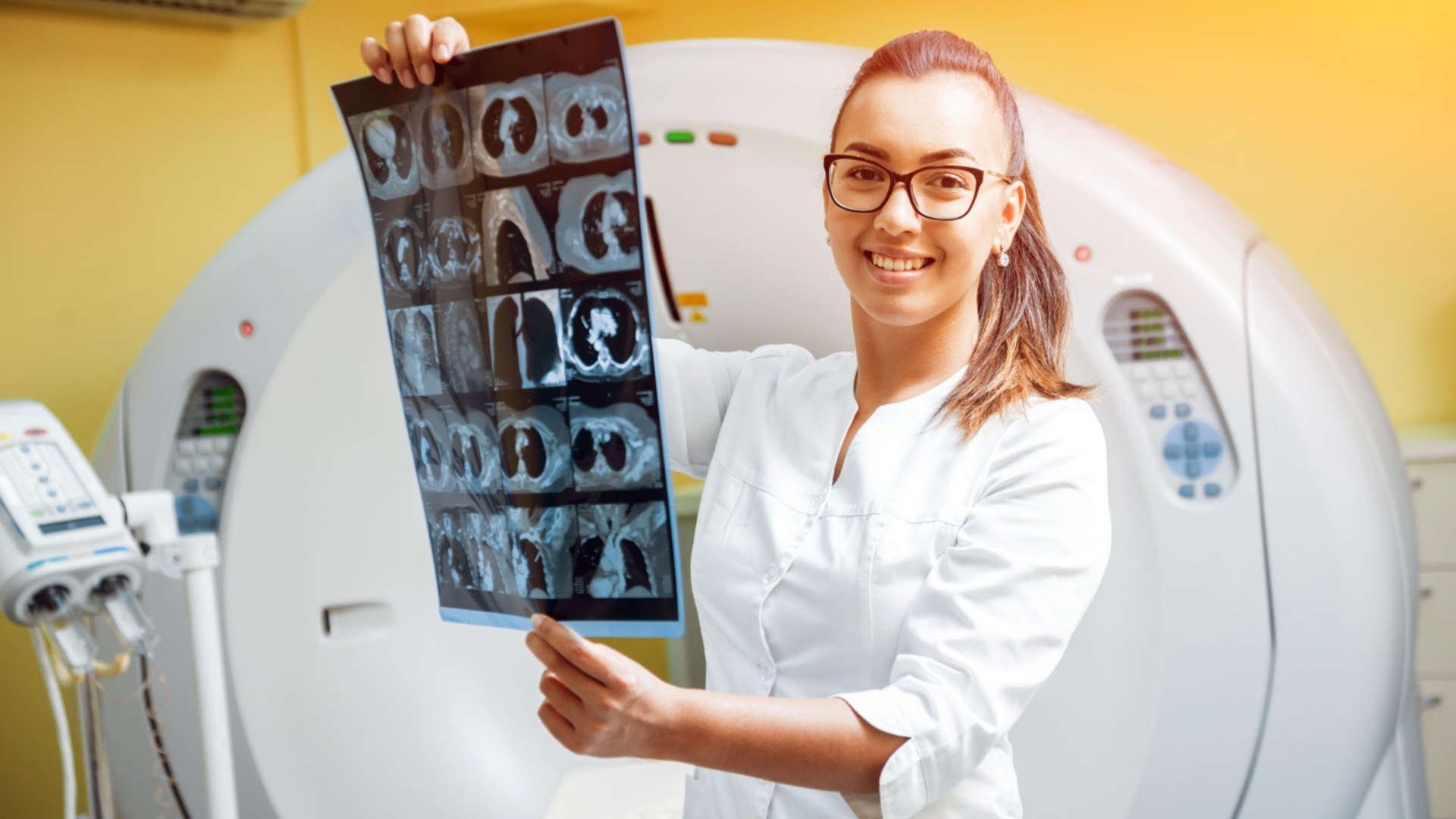
B.Sc. Radio Medical Imaging Technology
Program Scope
| About the Program | The B.Sc. Radio Medical Imaging Technology program is designed to train students in advanced imaging techniques such as X-rays, MRI, CT scans, and ultrasound. It combines theoretical knowledge with hands-on training to develop proficiency in operating radiological equipment, ensuring patient safety, and producing high-quality diagnostic images. The curriculum covers anatomy, pathology, imaging physics, and radiation protection while offering clinical postings and research opportunities. Graduates can pursue careers as radiologic technologists, MRI/CT technicians, sonographers, or educators, or opt for higher studies. This program equips students with the skills needed to excel in the dynamic field of medical imaging. |
B.Sc. Radio Medical Imaging Technology @ BFCET
| Internship/Summer Trainings Opportunities are provided to students after B.Sc. Radio Medical Imaging Technology |
|
| Certificate Courses are provided along with regular courses |
|
| Online Teaching Option for students of B.Sc. Radio Medical Imaging Technology |
|
| Extra-Curricular Activities |
|
| Hospital Visits for Practical Training |
|
| Faculty |
|
OTHER MAJOR BENEFITS @ BFCET
- Fully AC Campus
- AC Hostels
- Continuous Career Guidance and Counselling
- School of Skill Development
- Scholarship Policies on the basis of marks
- 24*7 security through CCTV surveillance system
- Interactive Teaching Methodologies
- Transport Facility around 80 KM radius
- Wi-Fi Campus
- Involvement of students in various Activities
- School of Entrepreneurship
- School of Competitive Studies
Our Major Collaborations


